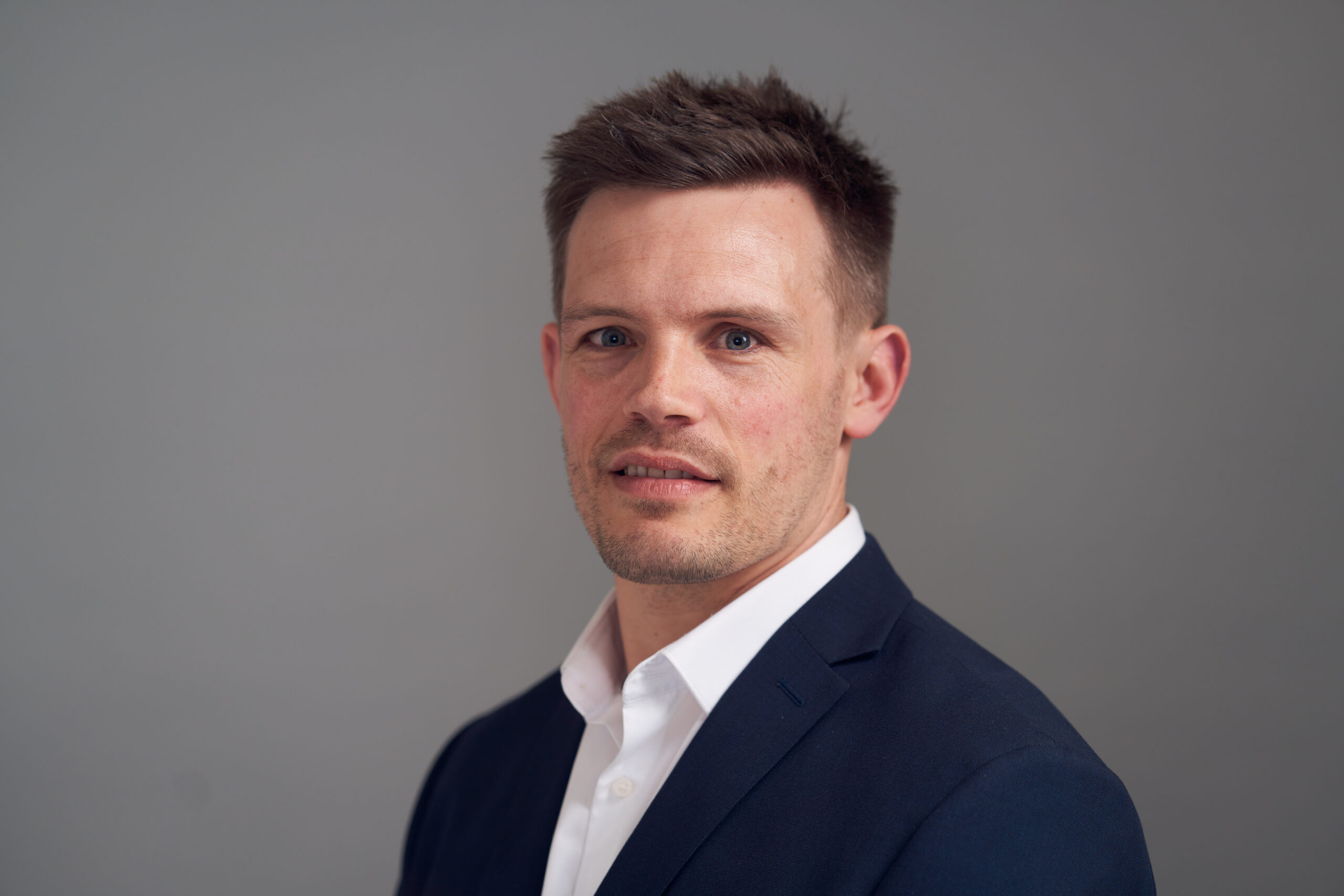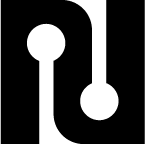Daniel Marshall, Director, BD&L oncology lead for Europe and the Middle East, MSD
interviewed by Afram Yakoub
|

|
|
“As an investor we're often thinking about how to guide the company to a particular exit scenario”
|
You’re BD&L oncology lead for Europe and the Middle East. What has been the most exciting deal you have been involved in at MSD?
I personally enjoyed the collaboration and licensing deal with Proxygen to screen for novel molecular glues. It was great to be involved with such an innovative company working on a cutting edge technology in the protein degradation field. This a great example of how we like to partner with innovative science that can translate into addressing important but challenging targets in oncology and beyond. I also think the deal was value adding for both parties- which is exactly how deals should be. .
|
You have a background both in investments within life science and in business development within big pharma, what’s the biggest difference when evaluating companies and assets as an investor or as a BD?
I think many of the considerations are similar, however one of the major differences is the time horizon you consider, as an investor we were often thinking about how to guide the company to a particular exit scenario, in pharma there is more of an emphasis all the way through clinical development and to marketing the drug. Clearly there are also more strategic considerations such as how assets fit in to the broader pipeline.
|
What’s your advice to CEOs of early biotech companies to ensure their product is interesting in the eyes of big pharma?
Always think about differentiation and what data you need to convince partners of this. Another area which I think many small biotech often do not pay enough attention to is understanding the clinical positioning piece- we pay close attention to this even at an early stage.
|
How does the Nordics look from your perspective, are there interesting companies with novel innovations in oncology?
The Nordics have always been very strong when it comes to innovation, we consider it a key geography when looking to partner on novel science.
|
What is the main innovative/technical challenge in oncology today?
In recent years there has been a big move towards targeted therapies, this has led to strong efficacy data and approvals for specific patient subsets based on biomarkers- of course this is fantastic for patients. However, personally I think the challenge we are now starting to encounter is that due to biomarker testing often falling short of guideline recommendations we’re seeing some of the targeted therapies underperforming. This is an issue the industry as a whole is beginning to work through and I think we will see big improvements here in the coming years- this innovation will likely spread to other therapeutic areas also such as neuro for example.
|
During NLSDays 2023 we will discuss the next big deal – what will that be in your opinion?
Hard to say, I think there is a lot of deal activity in the ADC space atm, the highly compelling clinical data in this space has resulted in a new wave of funding and innovation going in to this field. As these new companies reach the clinic and the existing ADCs move up to earlier lines of therapy I think this will likely give rise to some large deals as pharma look to gain access to these assets/technologies. .
|
What are you looking forward to in the discussion and at NLSDays in general?
We’re here looking to meet new companies and catch up with others we already know, with the aim of partnering on innovative new science.
|
Register for
NLSDays 2023 here
|
 The largest Nordic partnering conference in life science The largest Nordic partnering conference in life science
Nordic Life Science Days is the largest Nordic partnering conference dedicated to the life science industry. Since its inception in 2013, the event has nurtured a community of people from the world of life science, and created a unique place to do business.
|
|